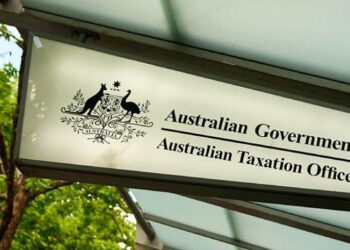In a recent technical update, Townsends Business & Corporate Lawyers executive consultant Michael Hallinan said that, previously, trustees of SMSFs were required to perform their duties and exercise their powers in the best interests of the beneficiaries of the fund. From a legal perspective, this requirement was imposed by s52B(2)(c) of the Superannuation Industry (Supervision) Act 1993.
In a recent amendment to that provision, the requirement is for trustees to perform their duties and exercise their powers in the best financial interests of the beneficiaries of the fund. Additionally, a new provision (s52B(2A)) of the act expressly provides that the best financial interests requirement applies in respect of payments to third parties.
Similar changes have been made to the “best interests” requirement which apply to trustees of industry and retail superannuation funds. These changes have been introduced by Schedule 3 of the Treasury Laws Amendment (Your Future, Your Super) Act No 46 of 2021.
While these changes to the “best interests” requirement are probably not as significant for SMSFs, this assessment is on the basis that the purpose of superannuation funds is to provide capital for retirement.
“Consequently, the powers and duties of the trustees of super funds must be exercised or performed having regard to this purpose (and only this purpose). Qualifying the best interest requirements with ‘financial’ does not affect the purpose of super funds,” Mr Hallinan said.
“Equally, adding the provision that the best financial interest requirement applies to third-party payments does not alter existing position. Any third-party payment can only be made to further the primary purpose of the superannuation fund.
“As super funds must be audited, a payment to the auditor for this service, which is an example of a third-party payment, furthers the primary purpose of the fund.”
However, if the audit fee was excessive (that is, materially greater than an arm’s-length fee), then the excessive payment would not be a payment furthering the purpose of the fund, according to Mr Hallinan. This would be the case whether the new section, s52B(2A), applied or not did not apply.
“It seems the changes to the best interests requirement are directed to retail and industry superannuation funds and, in particular, to industry funds,” he said.
“These changes may have an impact on the behaviour of the trustees of these funds, particularly as the burden of proof in a legal action based upon a breach of the ‘best financial interests’ requirement is on the trustees to establish that there was no breach.”


